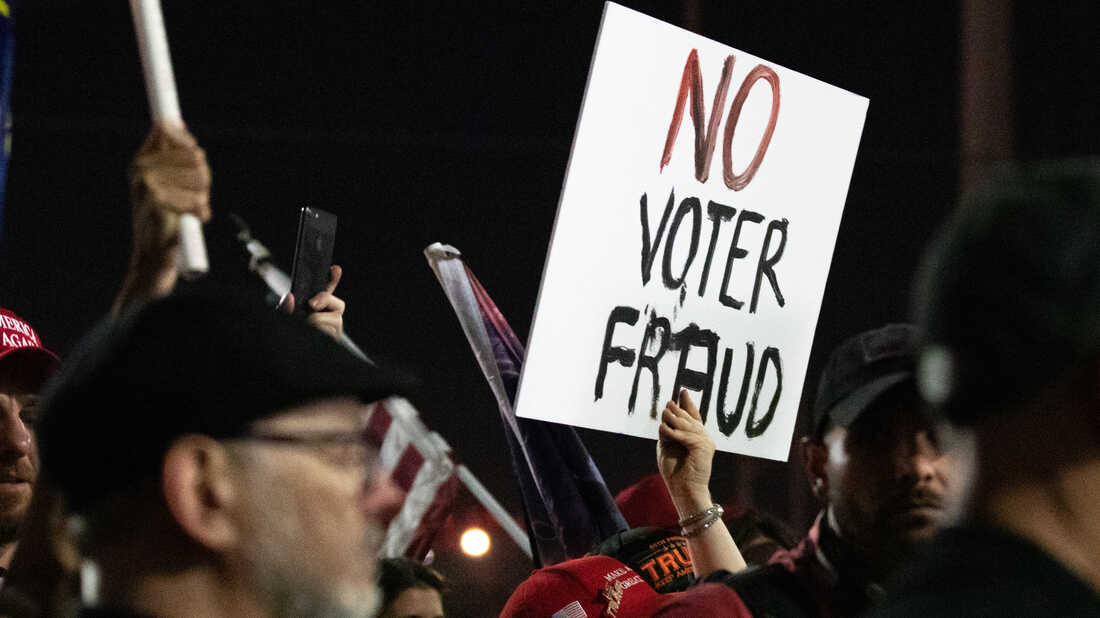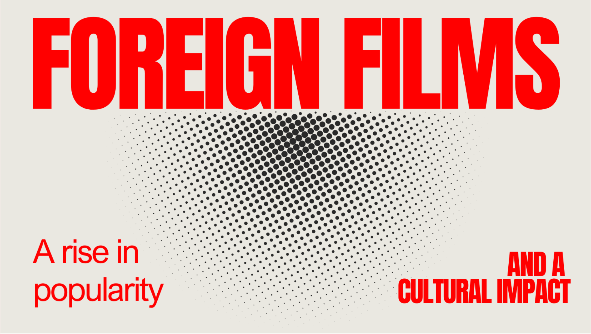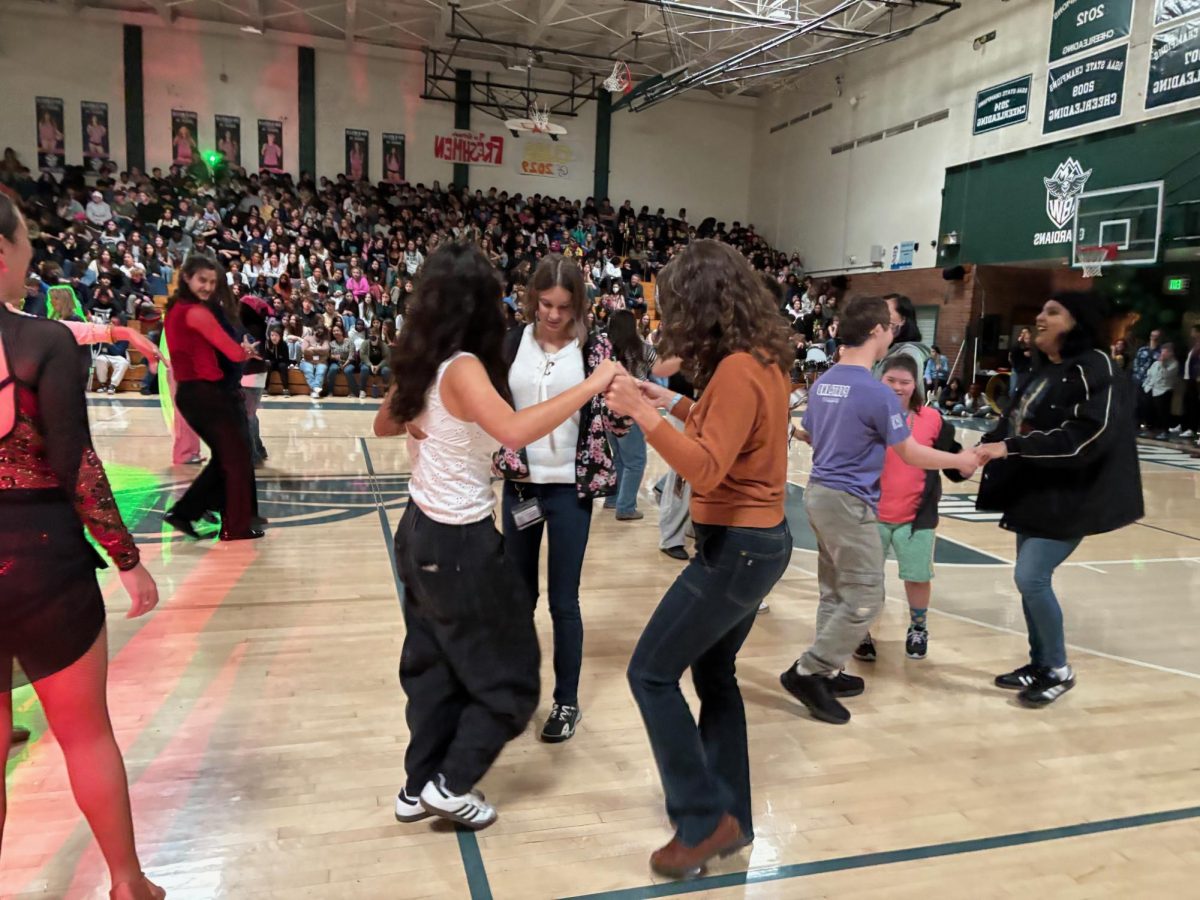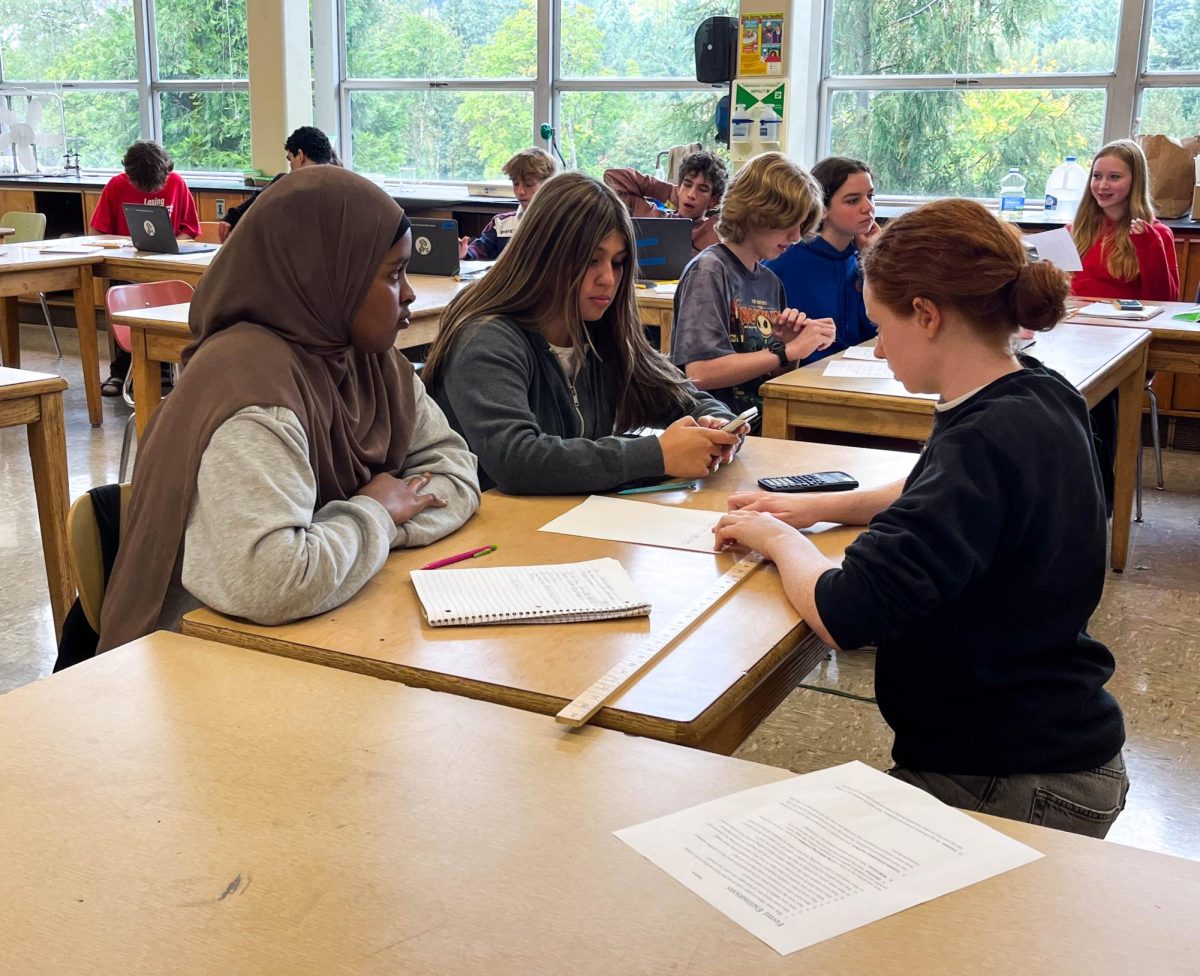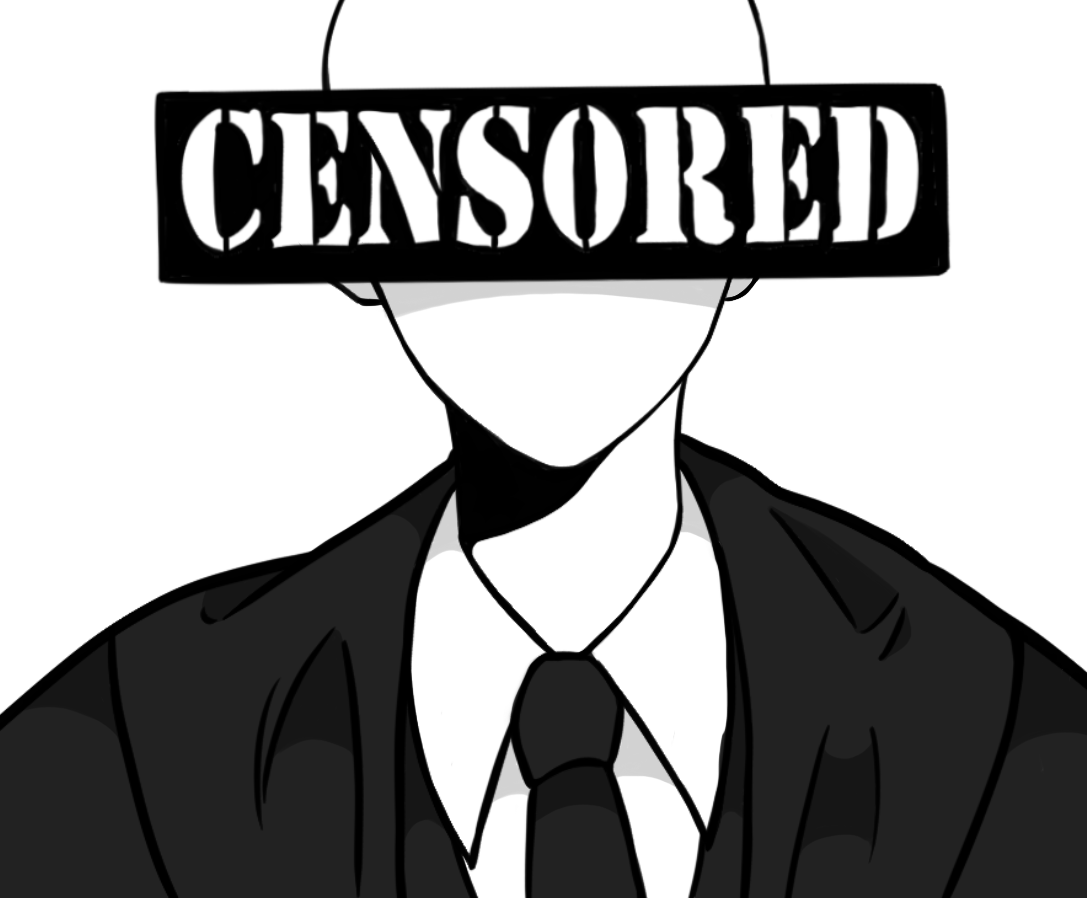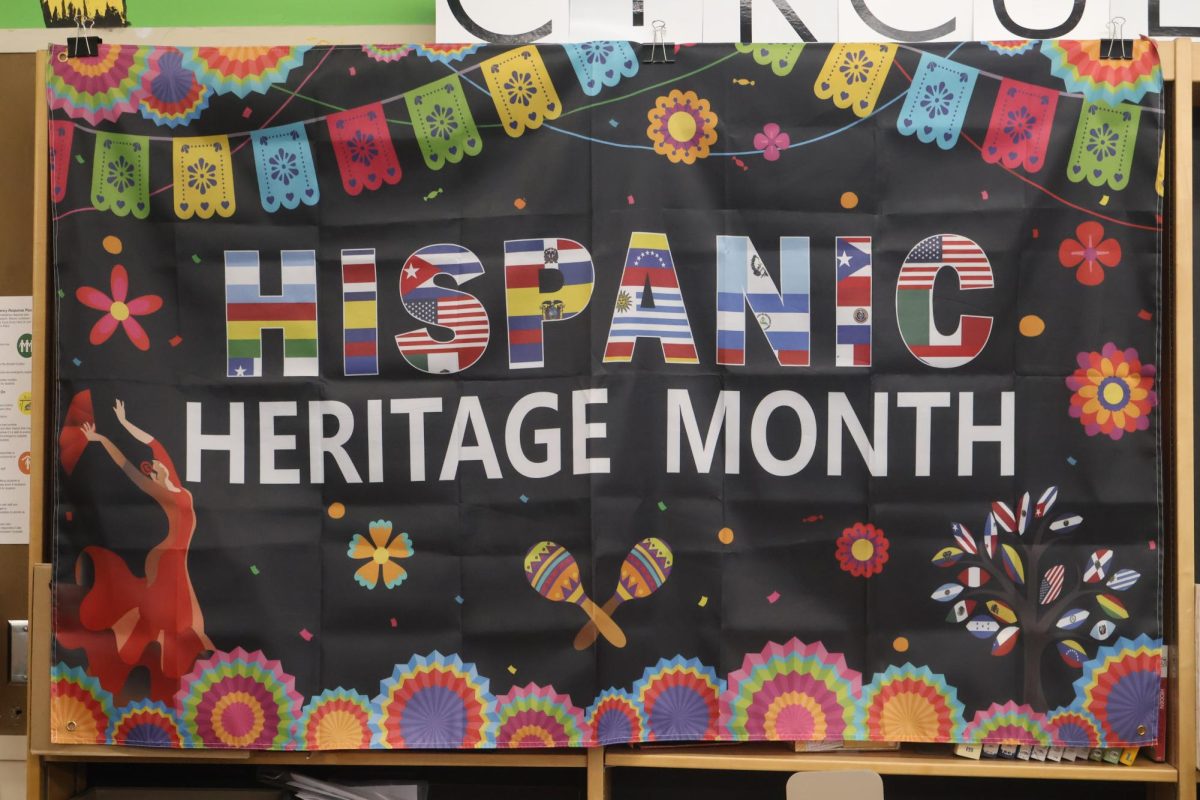Voter fraud. Stolen election. Illegal votes. Rigged election. These terms are often thrown around on social media and in political spaces, but what do they really mean?
The simple truth is there is no issue of voter fraud and never has been. There is almost a complete lack of evidence to back these claims, and the few cases found only account for an extremely small number of votes that are insignificant. The Brennan Center for Justice found that rates of voter fraud in elections are between 0.0003% and 0.0025%.
Inside, the real issue is the effect these exaggerated claims have on voters. “One of the things that we need in democracy is, kind of a faith that our system works,” says Tim Loveless, an AP government and philosophy teacher at Ida B. Wells High School. The terms mentioned previously, and their incessant use, are part of a fear-mongering tactic that adds fuel to the widespread distrust in our government. Distrust in a system that notoriously benefits or discriminates against various groups is only natural; but when people lose faith in the opportunity for change—democracy fails—as Loveless explains.
There is evidence of this happening following the 2020 election with the Jan. 6 2021 insurrection. One look at this situation proves the true danger of a faithless democracy. For Trump to claim voter fraud at such an extreme level and convince his supporters that an election was “stolen,” completely destroyed some people’s belief in the US government.
According to Pew Research Center, 66% of the eligible voter population voted in the 2020 presidential election. This was the highest turnout we have seen in nearly a century; however, it is still significantly lower than other countries and significantly lacking votes from many eligible voters.
Despite almost a complete lack of evidence, 58% of voters are concerned about voter fraud, according to a NPR poll. “I think it [claims of voter fraud] causes a lot of distrust in the system, which I think is harmful for both young voters and the country,” says Loveless. When people believe that voting machines are flipping votes or that election officials are failing to accurately count votes, then they are one step away from the conclusion that their vote doesn’t matter. Loveless adds that “for young voters to be bombarded with the idea that there’s widespread voter fraud… That shows distrust, no matter what side of the political spectrum a young voter’s on.”
“Self-Efficacy” is the belief someone has in themself the power to create change. This is directly tied to how much someone will involve themselves in politics; if they will choose to vote, campaign, protest, etc. If someone believes that the election is predetermined by outside sources they can’t control, then they have no self-efficacy and likely will not cast their vote, making their idea that they don’t have an effect reality.
In this year’s election, Trump only received about 1 million more votes by population than the 2020 election (about 75.5 million compared to the former 74.2 million), despite the great difference in electoral votes and election winner.
The outcome lies in the gap in votes between Biden and Harris. In 2020, Biden won with 81.3 million popular votes but this election Harris only received 71.2 million. This has left voters wondering where the 10 million voters went.
Some may assume an increase in third-party voters, especially due to the strong negative opinions held of both Trump and Harris, however, the total votes for third- party candidates in 2024 was 2.5 million while in 2020 was 2.4 million.
This loss of votes was to be expected due to the high turnout of 2020, a polarizing year with the COVID-19 pandemic, but 10 million people deciding not to vote after 2020 is an extreme number with the power to change the result of an election.
“I think that young people’s voices are desperately needed in our country,” says Loveless, “getting a whole generation of voters turned off to the idea of voting is going to be long term, bad for our country.” Democracy relies on votes, if a large portion of America is deciding not to vote, then the elected officials and country as a whole will not reflect the people’s values.


